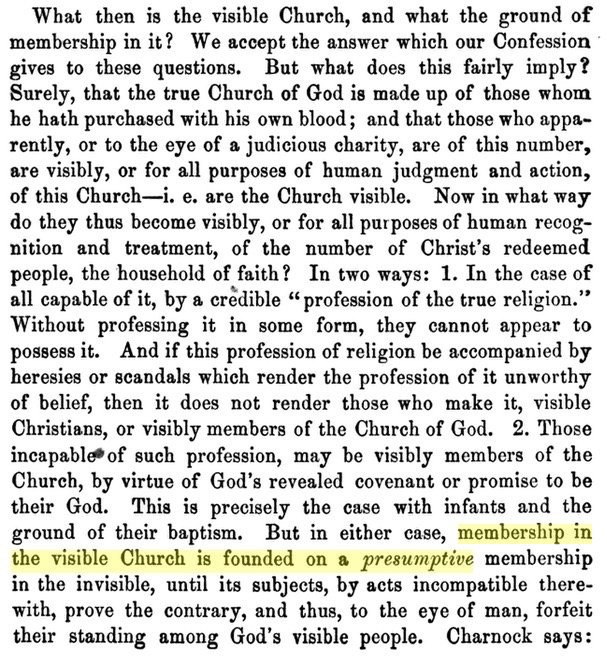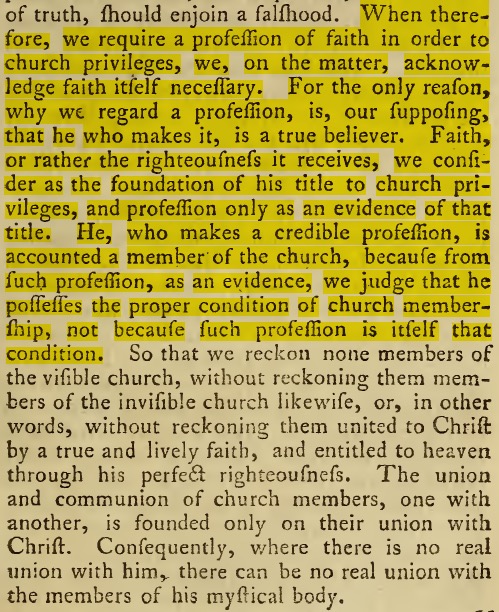hermeneutics
Biblical-Theological Exposition and Hermeneutics
On 19, Nov 2014 | In Resources, Richard Barcellos | By Brandon Adams
by Richard Barcellos [PDF available here]
The Bible is a big book. It contains 66 books written by many different human authors over a wide range of time and in diverse geographic, cultural, political, and religious circumstances. There are two main sections to our English Bibles – the Old and the New Testament. There are several different genres of literature in the Bible – e.g., narrative/history, law, poetry, prophecy, gospels (i.e., theological biographies), epistles, and apocalyptic. These factors make interpreting the Bible a difficult task at times. Those who do not view the Bible as the inspired, infallible, and inerrant written Word of God often use these factors to pit one section of Scripture against others. They do not see it as containing a system of doctrine. System, in their thinking, is impossible due to the various human authors and other factors mentioned above. Denying divine inspiration, there is no reason to expect a cohesive story-line and doctrinal continuity.
Those of us who view the Bible as the written Word of God, however, are committed to allow it to speak authoritatively on anything and everything it comments upon. And one the things the Bible comments upon is itself. In other words, texts often pick up on previous texts and further explain their meaning. This happens with words, phrases, verses, passages, persons, events, institutions, places, and concepts. When this occurs, it is the divine use or interpretation of a previous divine revelation. In other words, the Bible sometimes interprets the Bible for us and when it does, the way subsequent revelation interprets and applies antecedent revelation gives us (at least in part) the divinely intended meaning of the antecedent text. This is not to say that the interpreter of a text cannot find out its meaning unless the Bible interprets it for us, but it is to say that when the Bible interprets itself, the interpretation is infallible and reflective of the divine intention for and use of that text. Because the Bible is divinely inspired, a whole- Bible hermeneutic is crucial in understanding both the parts and the whole of Scripture. Read more…




